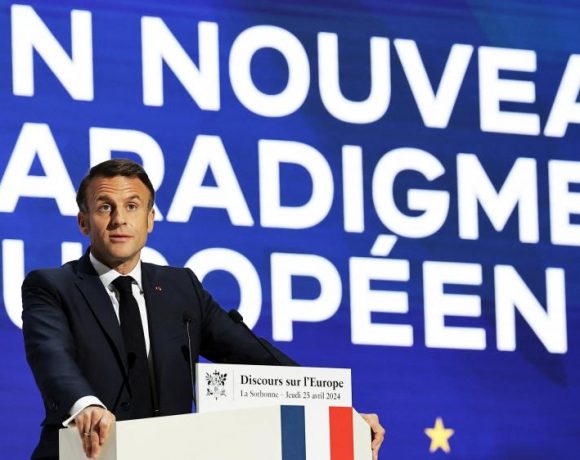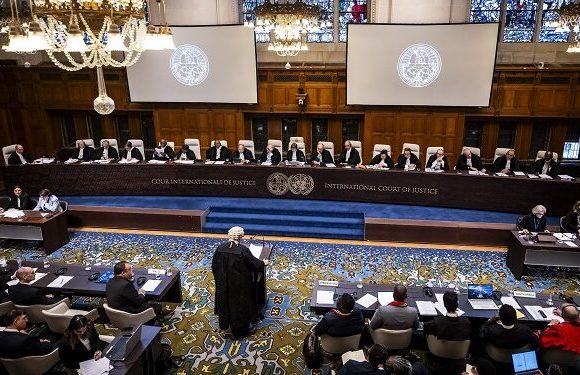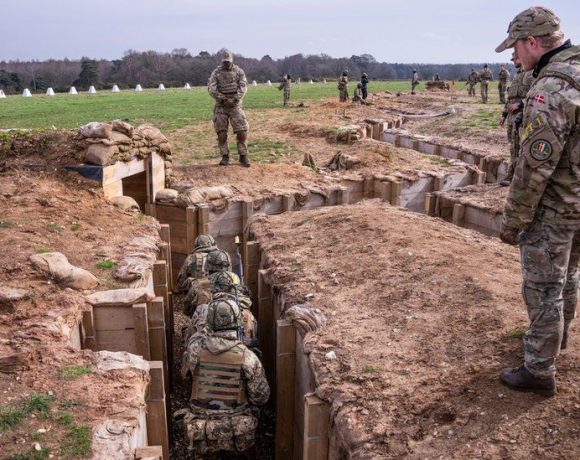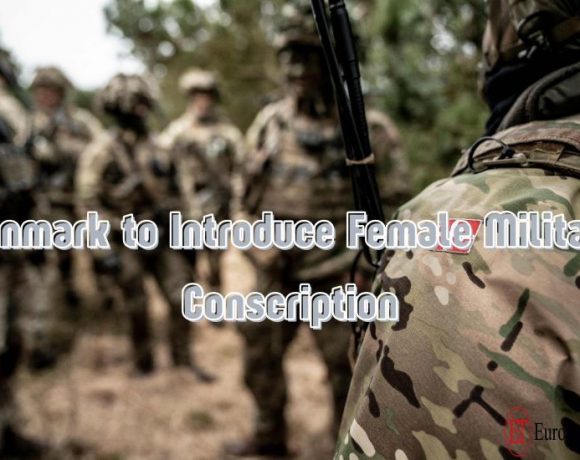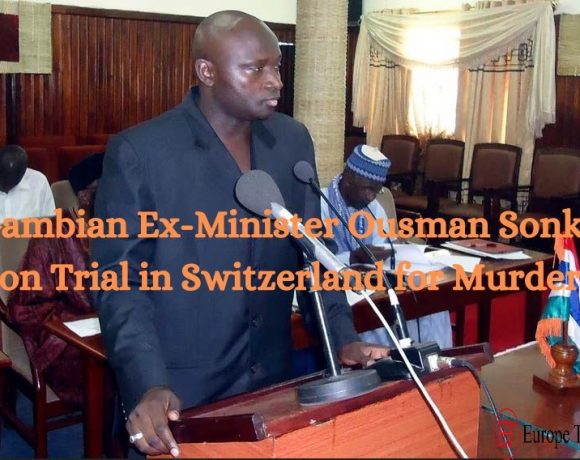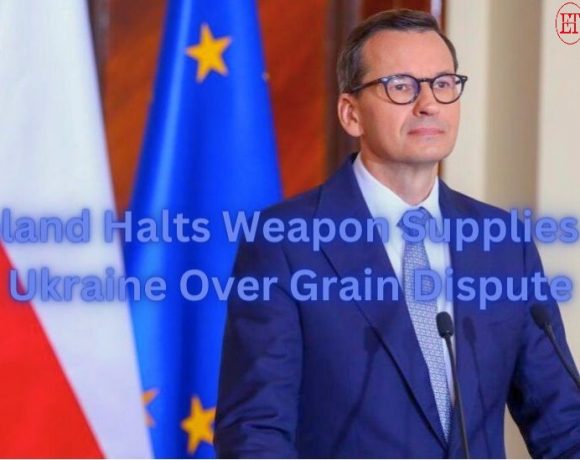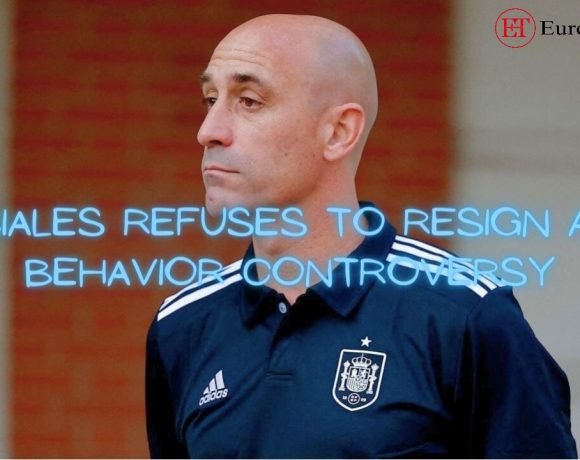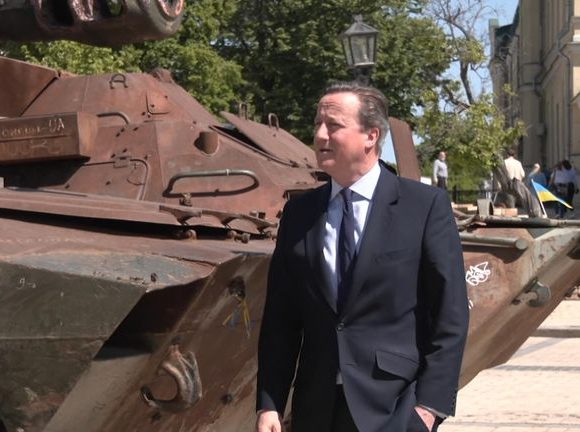
UK Foreign Secretary Lord Cameron, during his visit to Kyiv, reiterated the UK’s commitment to supporting Ukraine with £3 billion annually for defense purposes. He emphasized Ukraine’s sovereign right to defend itself and acknowledged the necessity of striking back at Russia in response to aggression. However, this stance was met with criticism from Russia, which condemned it as a dangerous escalation that could jeopardize European security. Despite this, Lord Cameron maintained the UK’s position in supporting Ukraine’s defensive actions.
The United States reportedly advised Ukraine against targeting Russian oil refineries out of concern that such actions could provoke further escalation in the conflict. This caution reflects broader international efforts to mitigate tensions and prevent the situation from deteriorating into a full-scale war. The delicate balance of power in the region underscores the importance of diplomatic dialogue and strategic restraint in managing the crisis.
Meanwhile, Russian advancements in eastern Ukraine have heightened fears of an impending summer offensive. Ukrainian intelligence officials warn of potential Russian offensives in the northeastern regions of Kharkiv and Sumy. The Ukrainian military remains vigilant, anticipating further incursions and preparing to defend key strategic positions. Despite these challenges, Ukraine maintains its determination to resist Russian aggression and safeguard its territorial integrity.
In response to Lord Cameron’s statements, Russian officials criticized what they perceive as Western involvement in a “hybrid war” against Moscow. This rhetoric underscores the deep-seated geopolitical tensions between Russia and the West, which continue to shape the dynamics of the conflict in Ukraine. As diplomatic exchanges intensify and military maneuvers unfold, the situation remains fluid, with the risk of escalation ever-present.
Amidst the ongoing conflict, Ukrainian Prime Minister Denis Shmyhal has sought assistance from Lord Cameron to help restore the country’s energy infrastructure, which has been severely damaged by repeated Russian missile strikes. This plea underscores the urgent humanitarian needs of the Ukrainian people and the importance of international support in rebuilding the country’s infrastructure and ensuring its long-term stability.
Picture Courtesy: Google/images are subject to copyright

